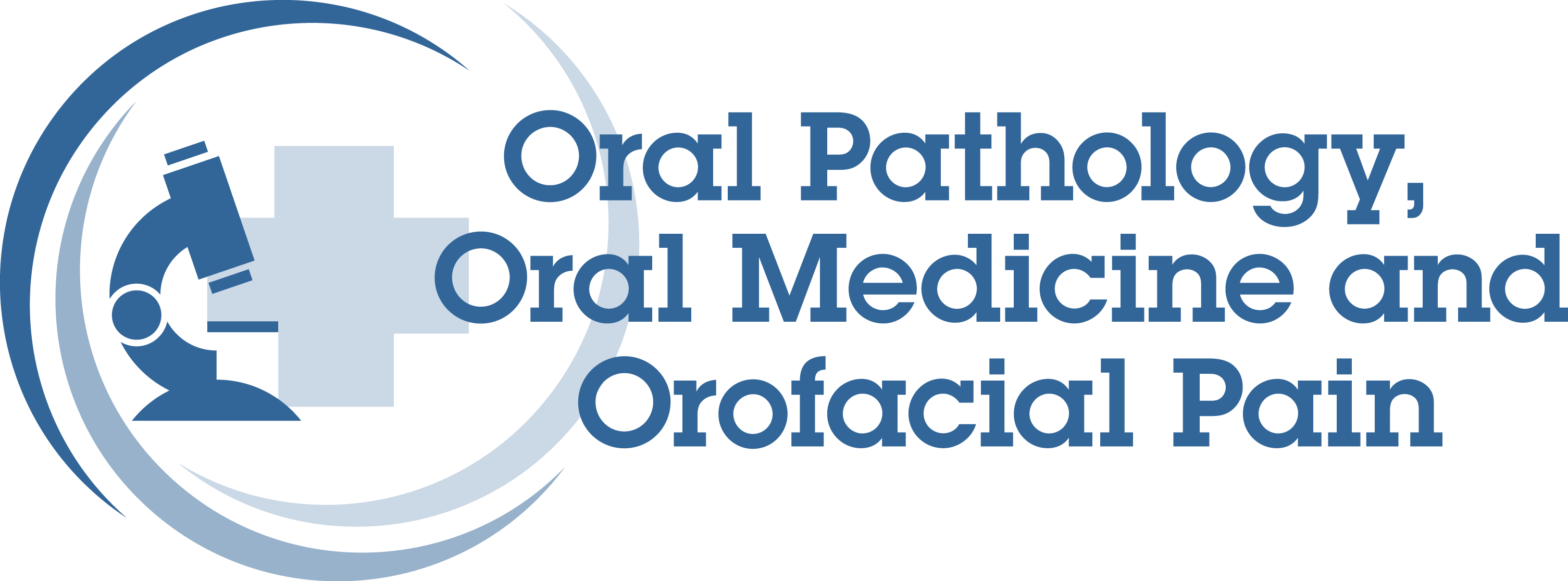In the United States it is one of the specialties officially recognized by the American Dental Association and the federal government, and because of this it has its own national certifying board, the American Board of Oral & Maxillofacial Pathology.
There are at least 300 diseases that occur in and around the mouth. Many are unique to the oral regions, some are similar to diseases seen elsewhere in the body, and still others spread to the oral region from other parts of the body. Many conditions can cause serious consequences if not recognized, classified, and treated early.
Practitioners of Oral and Maxillofacial Pathology specialize in the clinical and microscopic diagnosis, as well as the treatment of diseases of the oral and maxillofacial (jaw/TMJ) regions.
Oral pathologists provide diagnosis and management in clinical practice (clinical oral pathology or oral medicine), and operate biopsy services for the dental and medical professions (laboratory services).
Oral and maxillofacial pathologists complete three to five years of intensive advanced education in their specialty after receiving a degree in dentistry. They continue their professional development through annual seminars and voluntary compliance in continuing competency assurance programs. Their unique interpretive skills and expertise focus on the oral and maxillofacial (jaw/TMJ) regions.
As an exception, Dr. Su also received one year extra formal training in Orofacial Pain program at UCLA. This experience has enhanced her ability to diagnose and treat the patients with those painful disorders in and around TMJ regions.
Inappropriate referrals can lead to unnecessary treatment and expenses. In some cases, delayed treatment or incorrect diagnosis may sadly cost the patient’s life for those who only seek insurance coverages.
A physician may write a prescription, a chiropractor will try manipulation, and a dentist may recommend some treatment on the teeth. In other words, in too many cases, the treatment is determined by the type of doctor that the patient chooses to go to for help.
The diseases of the oral and maxillofacial regions including TMJ are a complicated and not well-recognized area of health care. These problems are as confusing for doctors as they are for patients. There can be a multitude of causes for what appears to be the same condition. The challenge, therefore, is to establish not just a proper diagnosis, but also to identify all the potential causes or contributing factors that brought about the disorder or symptoms. Then, it can be treated properly.
These include:
Your medication list
Any pathology report or blood lab work
X-ray films or radiologist’s report if any
Dental and medical insurance ID cards
Dr. Su has no relationship with any insurance company. Treatment in our office cannot be performed contingent on insurance reimbursement. Medical or dental insurance is a contract between the patient and their insurance company. We will provide claim forms for most types of insurance if you believe you have coverage.
If you wish to see Dr. Su and you are Medicare beneficiary, you must complete a Medicare Opt Out form
“The lab pathology patients” are the ones who are not seen by Dr. Su in our office, but whose biopsy specimens have been submitted to our lab for diagnosis by their dentists, oral surgeons, periodontists, endodontists, or other dental and medical specialists.
As a courtesy to you, we can bill medical or dental insurance companies for reimbursement to you for our services. Please forward an enlarged copy of the front and back of your medical and/or dental insurance ID cards. In this way, we have correct, complete information to bill your insurance for direct reimbursement to you, thereby minimizing frustration and delays in insurance billing. Please be aware, that it is the responsibility of you for providing our office with complete and accurate insurance information to bill on your behalf.
Claims can ONLY be submitted when complete and accurate insurance information is received. HMO or Kaiser plans do not cover our charges. We can only bill secondary insurance for Medicare patients, because Dr. Su has opted out of Medicare, meaning that Dr. Su is not a provider for Medicare. Payments from other types of medical plans vary depending upon your coverage and benefits. Roughly less than half of dental plans will pay a portion of our charges. Most insurance companies will reimburse you directly, since we are not in network of any of the preferred provider networks.
You are responsible for this account and it should be paid promptly regardless of your insurance company’s decisions. If a check is mailed to our office from an insurance company, a refund will be issued within three to five business days.
We accept personal and certified checks, as well as Visa and Mastercard. Please do not send cash. We can process the credit card payment over the phone during the office hours.
In summary, biopsy reports usually arrive at the doctor’s office within three days of our receiving the specimen. This time line may be extended if the doctor taking the biopsy does not immediately mail the specimen or if special processing is necessary.
